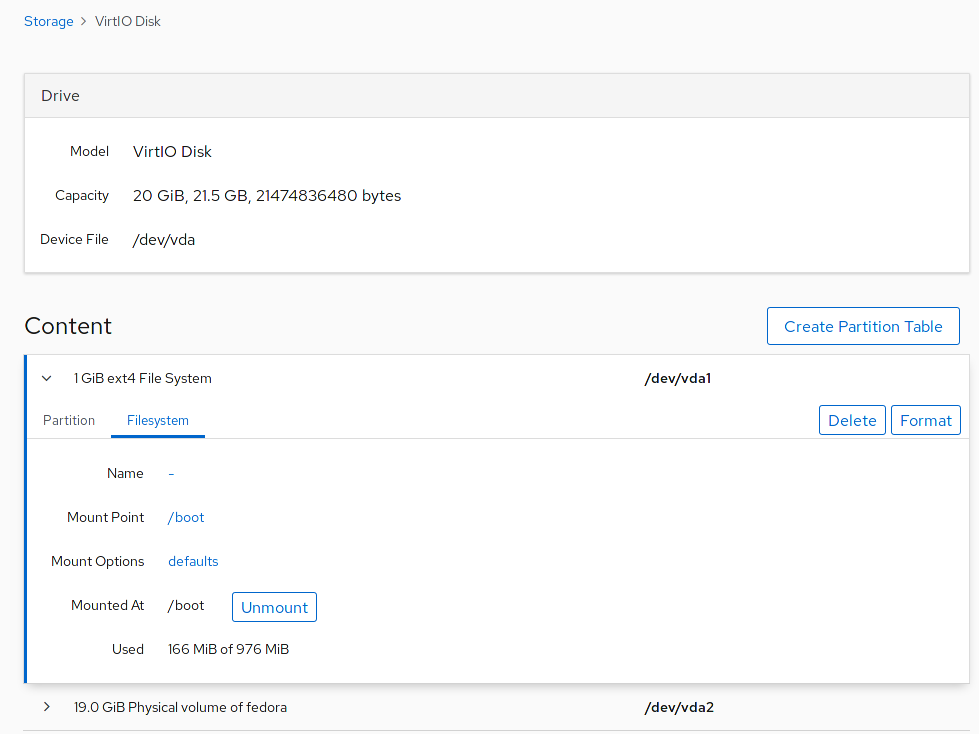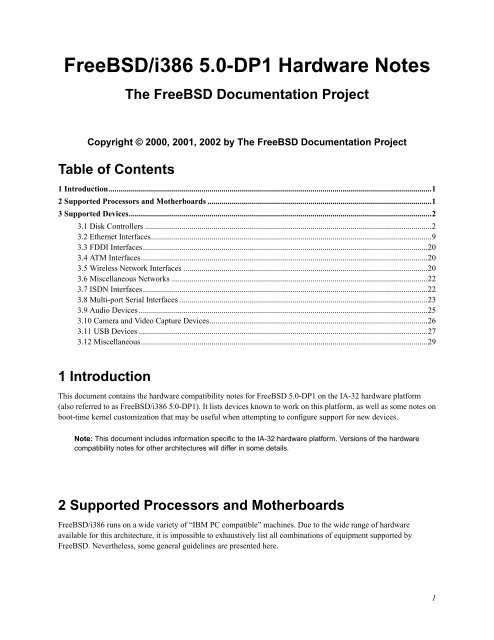
Windows cannot be installed to this disk. Windows needs the driver for device Adaptec SCSI HostRAID Controller. Click 'Load Driver' and load the required device driver. I've then gone onto the device driver management and selected Update Driver, which is supplied by Microsoft, and it comes back as saying that the most up to date driver is. Download driver ASIX AX88772/772A USB2.0 to Fast Ethernet Adapter Driver version 3.12.3.2 for Windows XP, Windows Vista, Windows 7 32-bit (x86), 64-bit (x64). Screenshot of files Installation screenshots ASIX AX88772/772A USB2.0 to Fast Ethernet Adapter Driver File Name. Provides Linux. driver for entry level 12Gbs Intel RAID Controllers supporting RAID 0, 1, 10, 1E. Driver: Red Hat Linux. SUSE Linux. Ubuntu. ph9.2-28.00.04.00 Latest:: Linux. Driver for Intel® RAID Modules RMS3VC160 and Intel® RAID Controller RS3UC080J, RS3GC008. Qlogic FAS SCSI Qlogic QLA 1240/1x80/1x160 SCSI SYM53C8XX Version 2 SCSI Symbios 53c416 SCSI Tekram DC390(T) and Am53/79C974 SCSI Tekram DC395(U/UW/F) and DC315(U) SCSI Trantor T128/T128F/T228 SCSI UltraStor 14F/34F UltraStor SCSI VMware PVSCSI driver Workbit NinjaSCSI-32Bi/UDE iSCSI Boot Sysfs Interface.

Asix Scsi Adapter


Asix Scsi & Raid Devices Driver Updater
| What works: | - WebCam (tested with cheese)
- TouchPad
|
|---|
| What doesn't work: | - FIXED: Asix AX88772B Low-Power USB 2.0 to 10/100M Fast Ethernet Controller
- FIXED: Suspend to RAM (standby)
- IMPROVED: Powersavings
|
|---|
| What was done to make it work: | > Asix AX88772B Low-Power USB 2.0 to 10/100M Fast Ethernet Controller:
see also for latest driver: http://asix.com.tw/products.php?op=pItemdetail&PItemID=105;71;101&PLine=71
What I did to make it work (Shell):
$> wget http:// asix.com.tw/FrootAttach/driver/AX88772B_772A_760_772_178_LINUX_Driver_v4.2.0_Source.zip
$> aptitude install unzip
$> unzip AX88772B_772A_760_772_178_LINUX_Driver_v4.2.0_Source.zip
$> cd AX88772B_772A_760_772_178_LINUX_Driver_v4.2.0_Source
$> make
[if no error occurs, there should be a file asix.ko in the current dir]
$> sudo make install
$> sudo modprobe asix
[now the adapter worked as expected wen pluged into usb]
$> echo asix >> /etc/modules
[and now also after reboot without modprobe each time]
Change the interface name after USB port change (ethX), edit: /etc/udev/rules.d/70-persistent-net.rules
Suspend mode FIX: Add custom sleep script to /etc/pc/sleep.d/
I named it '20_custom-ehci':
#!/bin/sh
# File: '/etc/pm/sleep.d/20_custom-ehci_hcd'.
# Found matsching adresses using 'lspci |grep USB':
# 00:1a.0 USB Controller: Intel Corporation 6 Series/C200 Series Chipset Family USB Enhanced Host Controller #2 (rev 05)
# 00:1d.0 USB Controller: Intel Corporation 6 Series/C200 Series Chipset Family USB Enhanced Host Controller #1 (rev 05)
# 03:00.0 USB Controller: Fresco Logic Device 1009 (rev 02)
case '${1}' in
hibernate|suspend)
# Unbind ehci_hcd/xhci_hcd devices
echo -n '0000:00:1a.0' | tee /sys/bus/pci/drivers/ehci_hcd/unbind
echo -n '0000:00:1d.0' | tee /sys/bus/pci/drivers/ehci_hcd/unbind
echo -n '0000:03:00.0' | tee /sys/bus/pci/drivers/xhci_hcd/unbind
;;
resume|thaw)
# Bind ehci_hcd/xhci_hcd devices
echo -n '0000:00:1a.0' | tee /sys/bus/pci/drivers/ehci_hcd/bind
echo -n '0000:00:1d.0' | tee /sys/bus/pci/drivers/ehci_hcd/bind
echo -n '0000:03:00.0' | tee /sys/bus/pci/drivers/xhci_hcd/bind
;;
esac
#EoF
POWERSAVING scripts:
#!/bin/bash
# optimize power settings (after boot/suspend)
# VM writeback timeout
echo 1500 > /proc/sys/vm/dirty_writeback_centisecs
# set pci power settings all to auto
find /sys/devices/pci* -path '*power/control' -exec bash -c 'echo auto > '{}' ;
# Mouse hack (Logitech optical mouse doesn't work correctly in auto power mode)
# Find USB BUS Controller to which the mouse is conneted
USB1=`find /sys/devices/pci* -path '*power/control' -exec bash -c 'echo '{}' ; | grep mouse | cut -c1-55`
# Find the USB Mouse itself
USB2=`find /sys/devices/pci* -path '*power/control' -exec bash -c 'echo '{}' ; | grep mouse | cut -c1-59`
if [ -f $USB1/power/control ]; then
# Power on bus
echo on > $USB1/power/control
if [ -f $USB2/power/control ]; then
# Power on Mouse
echo on > $USB2/power/control
fi
# bus back to auto
echo auto > $USB1/power/control
fi
# Intel HD Audio codec power management
if [ -f /sys/module/snd_hda_intel/parameters/power_save ]; then
echo 1 > /sys/module/snd_hda_intel/parameters/power_save
fi
if [ -f /sys/module/snd_hda_intel/parameters/power_save_controller ]; then
echo Y > /sys/module/snd_hda_intel/parameters/power_save_controller
fi
# SATA link power management
echo min_power > /sys/class/scsi_host/host0/link_power_management_policy
echo min_power > /sys/class/scsi_host/host1/link_power_management_policy
echo min_power > /sys/class/scsi_host/host2/link_power_management_policy
echo min_power > /sys/class/scsi_host/host3/link_power_management_policy
echo min_power > /sys/class/scsi_host/host4/link_power_management_policy
echo min_power > /sys/class/scsi_host/host5/link_power_management_policy
# LCD Backlight (to 50%)
#xbacklight -set 50
# power aware cpu schedules
sysctl kernel.sched_domain.cpu0.domain0.flags=687
sysctl kernel.sched_domain.cpu0.domain1.flags=559
sysctl kernel.sched_domain.cpu1.domain0.flags=687
sysctl kernel.sched_domain.cpu1.domain1.flags=559
sysctl kernel.sched_domain.cpu2.domain0.flags=687
sysctl kernel.sched_domain.cpu2.domain1.flags=559
sysctl kernel.sched_domain.cpu3.domain0.flags=687
sysctl kernel.sched_domain.cpu3.domain1.flags=559
#Disable NMI watchdog
sysctl kernel.nmi_watchdog=0
|
|---|
| Additional notes: | Since there is 'only' a SSD disk, I considered to not use swap which I think makes hibernation impossible to work, but I don't care but for me, having suspend to ram working would be nice but doesn't work either - I have still to figure out what the cause could be.
My SSD settings:
- Enable trim support (discard) and disable file access time (noeatime)
- No swap partition
- /tmp, /var/run and /var/run/ock to ram (tmpfs)
/etc/fstab:
UUID={UUID} / ext4 rw,discard,noatime,errors=remount-ro 0 1
tmpfs /tmp tmpfs defaults,noexec,nosuid 0 0
/etc/default/rcS:
RAMRUN=yes
RAMLOCK=yes
/etc/sysctl.conf:
vm.swappiness=0
Some additional fine tuning in power management may has to be done (according to powertop)
|
|---|




